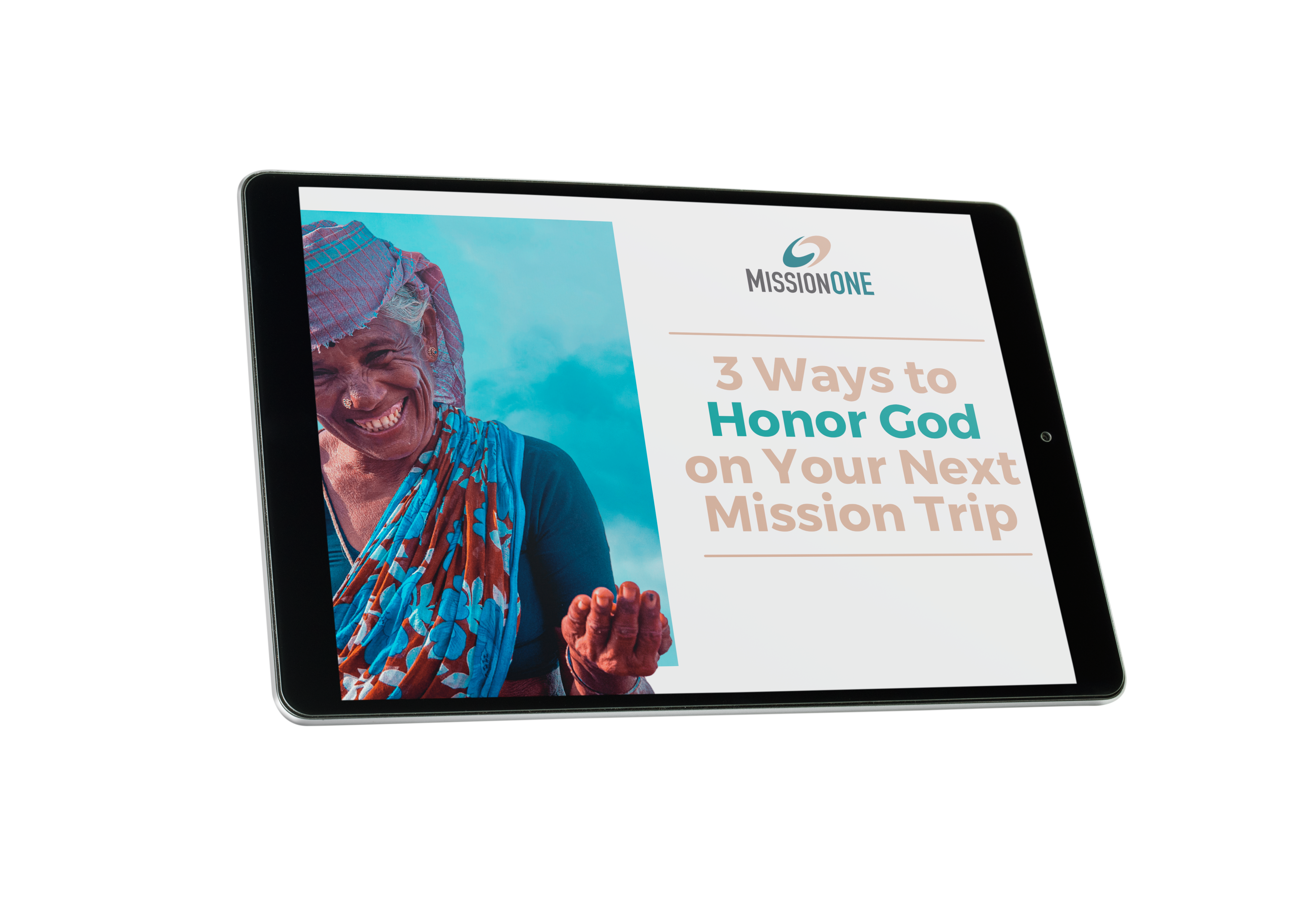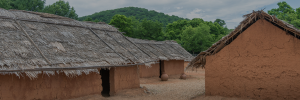Who is our guest?
Dr. Jamie Sanchez, Professor of Intercultural Studies at Biola University
What do we talk about?
Single and female on the mission field, Dr. Jamie Sanchez walks us through how those dynamics impacted her team in East Asia. She shares how it is that she stewards her giftings in and out of the church.
“There is room at the table for women, everyone just needs to scoot over a bit.”
She studied how Mongols’ cultural identity impacted local protests in Inner Mongolia. She also saw that economic development began to happen ended up having more of an impact than anyone expected. Some of the things she looked at:
- Houses used to have a courtyard, so how did that impact community?
- How did the growth of urban areas impact life in the grasslands?
- What part of preserving culture is Christian?
She studied how various cultural markers have been shunned and also engaged by the church.
Is this an American or a Christian identity marker? This question should be central to us before we come up with any intercultural strategy. She had an interesting Bible study with a friend, regarding the feeding of the 5,000. While Jamie had several points to pull from that story, her Mongol sister saw it totally differently.
Questions We Discuss:
- Where is the field of missions going?
- How do we continue to engage in conversations with global Christians in ways that are helpful to our understanding of missiology?
- What other disciplines do the missions world need to learn from?
Want to do deeper?
- Women in the Mission of the Church by Leanne M. Dzubinski and Anneke H. Stasson
- No Refuge by Serena Parekh
- Invisible China: How the Urban World Divides Friends by Scott Rozelle and Natalie Hell
Listen Now!
Search the Blog
Free Resource

3 Ways to Honor God on Your Next Mission Trip
We're sharing three things you should consider before you organize or participate in an international mission trip, seek to do work in the multicultural neighborhood in your own city, or embark on any cross-cultural partnership.


